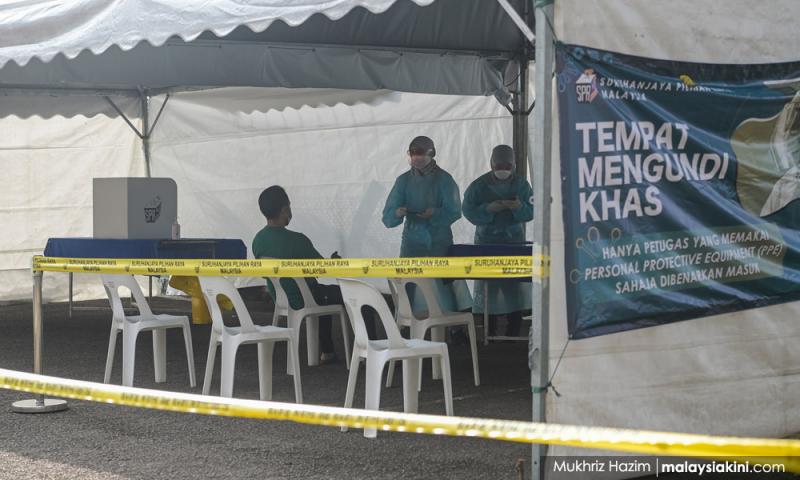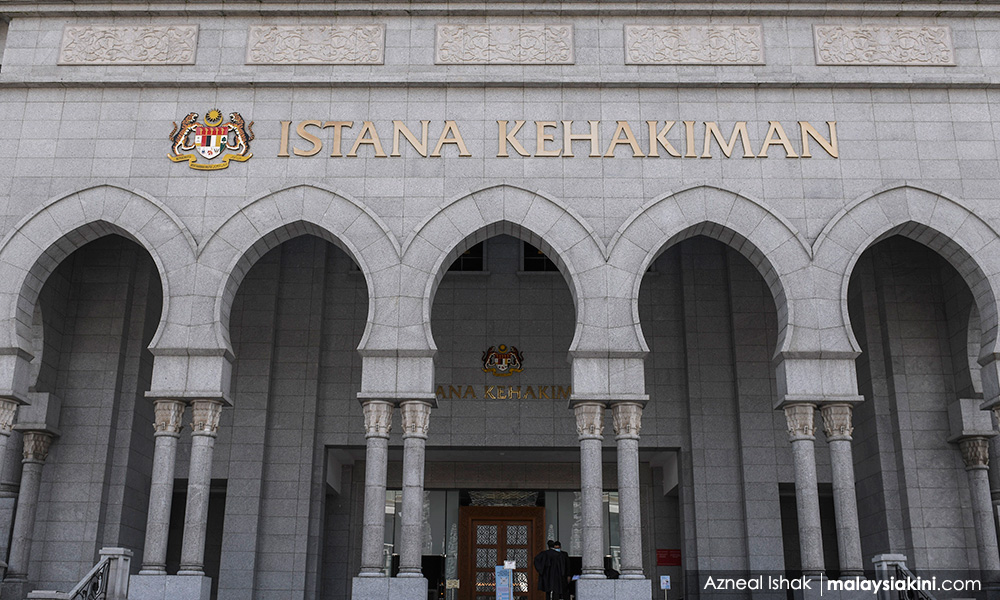


EC cannot stop Covid-19 patients from casting votes, appellate court rules
Farah Solhi
Published: Aug 6, 2025 1:13 PM
Updated: 5:25 PM
The Election Commission cannot stop registered voters from exercising their constitutional rights to cast votes, even if their MySejahtera status showed they are positive with Covid-19, the Court of Appeal ruled today.
In a unanimous decision, the panel found that EC officers had acted illegally when they barred 29-year-old R K Tamileswaaran from voting in the Johor state election in 2022.
Despite being in quarantine at that time, the panel said Tamileswaaran still had the right to vote as per Article 119 of the Federal Constitution.
The court also ruled that neither standard operating procedure (SOP) nor regulations under the Prevention and Control of Infectious Diseases Act 1988 (PCID) made by the Health Ministry can supersede his constitutional rights.
“EC has committed an error of law in this case by denying the appellant (Tamilewaaran) rights to vote in the election.
“It is clear that SOP and PCID regulations are subsidiary legislation (and) do not fall within the definitions of federal law.
“(Therefore) we have no hesitation to allow this appeal and exercise our discretion to issue a certiorari order to quash EC’s decision,” judge Wong Kian Kheong said in reading out the panel’s decision in an online proceeding.
Presiding with him were panel chair Supang Lian and Ismail Brahim.

The judges also did not exercise their discretion to award Tamileswaaran with constitutional compensation to cover his losses, as they found that the EC officer who stopped him at that time had acted in good faith.
“The first respondent (EC) decision was made purely based on the standard operating procedure in the interest of public health and safety.
“(However), an elector’s right to vote is the cornerstone of a democracy.
“(By denying him from voting) EC had violated his rights accorded under Section 119 of the Federal Constitution,” said the panel.
No order to costs
The court also did not make any order as to costs, given that Tamileswaaran did not seek any, as this case concerned public interest and had raised novel constitutional issues.
The judges commended Tamileswaaran and his counsel New Sin Yew for their public spiritedness in filing this case.
“The appellant was magnanimous in not seeking costs, and this appeal has enabled an elucidation of an elector’s rights to vote under Article 119 of the Constitution,” the panel said.
Tamileswaaran had appealed against the High Court’s decision that dismissed his judicial review filed against the EC for not allowing him to vote in 2022.
He sought a court’s declaration to quash EC’s action that prevented him from voting, even though his Covid-19 self-test came back negative at that time and he was still under quarantine during the state election.
No comments:
Post a Comment